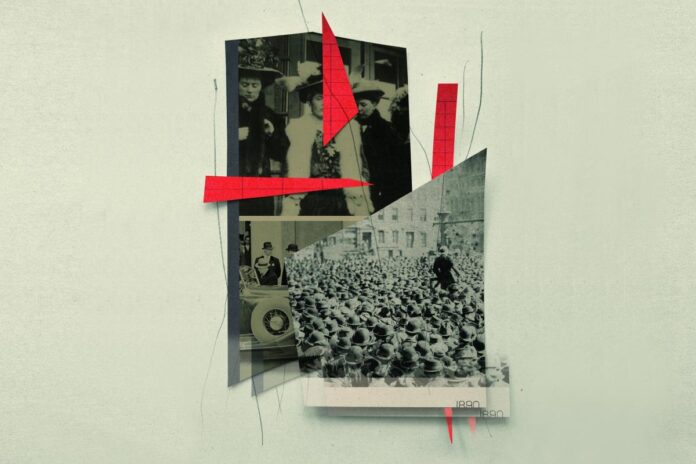Author: Zephyr Teachout
Affiliation: Fordham University School of Law
Organization/Publisher: Foreign Policy
Date/Place: January/February 2021/USA
Type of Literature: Opinion Article
Word Count: 3693
Link: https://www.foreignaffairs.com/articles/united-states/2020-12-08/monopoly-versus-democracy
Keywords: Market Monopoly, Democracy, Robber Boron, Gilded Age, Money Power
Brief:
The article discerns that the American masses have lost their political edge, political compass, and confidence in the monopoly marketplace. It describes a hundred-year history of monopoly power and democratic populism in a see-saw contest. The compromise of 1877 introduced ‘Money Power’ in the US political spheres. The author articulates that with this compromise, the federal government lost its power to govern money politics. In 1900, half of the US’ land was owned by 0.33% of the US population. The vast majority of Americans had no wealth at all. The American system was dominated by the expropriation and despotism of robber barons. With the roots of the system’s inequalities, the Gilded Age was the extreme concentration of market share, wealth, and political power. In the wake of technological revolution, the market monopoly under the biotechs is more visible in government’s affairs. Consequently, today, the American masses have normalized the money power composition in the American politics. Whilst, in the Gilded Age, rational masses rejected to accede the money to politics. Consequently, the last decade for instance, has beheld approximately 500,000 corporate blends worldwide. Hence, to control Money’s monopoly over the market, a new populist-progressive movement is required. Moreover, politicians who are vocal about the abusive market monopolies can start an investigation on their misconduct. In conclusion, excessive concentration of wealth and power cannot be dealt with as isolated; rather, it is the contemporary United States’ operating system that needs to be reconsidered.
By: Maryam Khan, CIGA Research Associate




